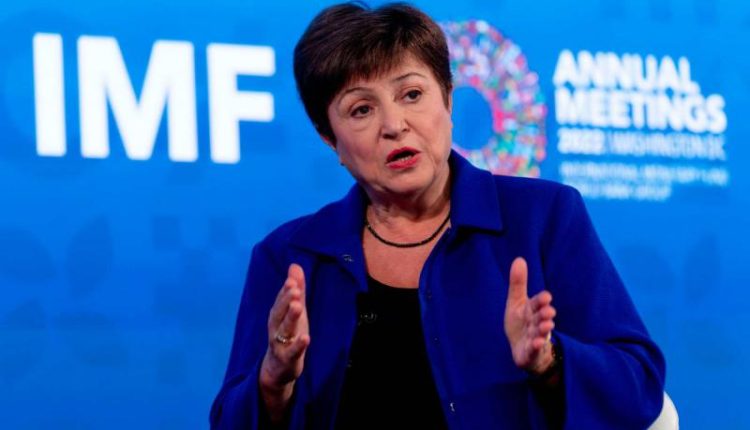IMF Demands FG Expedite Cash Transfers to Struggling Nigerians
In the midst of continuing economic changes, the International Monetary Fund (IMF) has called on the Federal Government to expedite the rollout of its cash transfer program to support households that are at risk.
Julie Kozack, the Director of the IMF’s Communications Department, made this plea during a press briefing on Thursday.
While the Fund commends Nigeria’s recent efforts to stabilize its economy and spur growth, she pointed out that these policies must be supported by actions that protect the welfare of the country’s most vulnerable residents.
“We do recognize the extremely difficult situation that many Nigerians face,” he remarked.
“For this reason, I just want to emphasize that improving domestic revenue mobilization and finishing the rollout of cash transfers to vulnerable households are important priorities for Nigeria.”
Kozack verified that earlier in March, IMF First Deputy Managing Director Gita Gopinath traveled to Nigeria and spoke with key officials, such as Finance Minister Wale Edun and Central Bank of Nigeria (CBN) Governor Yemi Cardoso.
Gopinath also engaged with leaders of the commercial sector, civil society organizations, and University of Lagos students during her two-day trip to Abuja and Lagos.
The next week, she said, IMF staff would be back in Nigeria to get ready for the 2025 Article IV Consultation, which is a regular assessment of the country’s financial and economic policies.
Read Also: Sara-Igbe: Tinubu Breaching Constitution with Confidence in a Compromised NASS
Gopinath said that after the team’s mission was over, more details about Nigeria would be released.
Because of rising rates of poverty and food insecurity, the IMF suggested last year that Nigeria extend its cash transfer program to rural areas.
In an effort to help poor Nigerians deal with the rising cost of living crisis, the group has continuously urged the government to expand this program.
The World Bank has underlined how important cash transfer programs are to helping Nigerians break the intergenerational poverty cycle, especially at a time when the most vulnerable groups are being disproportionately impacted by inflation and slow economic growth.

